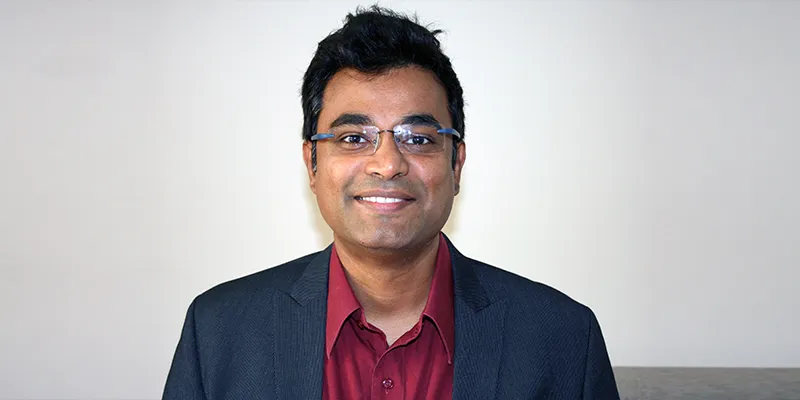US-based ThinCI raises $65 M in Series C round, to double India headcount to 300
The US-based AI hardware startup has its presence in Hyderabad and is looking to hire talent from premier engineering colleges and experienced professionals.
ThinCI, an artificial intelligence (AI) hardware startup based in California, US, with offices in the UK and Hyderabad, India, has raised $65 million in Series C round of funding. The investment round was led by returning investor and Japanese automative component giant Denso and its subsidiary NSITEXE Inc, and Temasek.
The latest round of funding will be used by ThinCI to primarily expand its employee strength in India from the current 150 to 300 in the next one year. The startup also plans to increase its employee strength to 450 in the near future. The employee addition will be across engineering and customer operations groups.
ThinCI, founded in 2010 by Dinakar Munagala and others, has been associated with the development of computing platforms for the AI/machine learning global market. It is engaged in the areas of graph streaming processor architecture, software development kit and plug-and-play AI platforms.

On the fundraise and its relevance to the Indian market, ThinCI CEO Dinakar Munagala said in a statement, “We are thrilled by the financial commitment from such major investment funds and automotive and industrial giants. This has also contributed to the nurturing of a huge pool of talent in India. With such a positive and expansive ecosystem in the making, India proves to be a prime market to expand and explore.”
Apart from ramping up the production of its AI platforms, the company is currently keen on hiring engineers and is focused on building truly global products and services in AI across its India, UK and US offices.
The company is actively hiring from premium Indian engineering institutions and is also visiting top business schools for recruitment this year. Across hardware and software, the company is looking to hire candidates and professionals with the ability to build efficient and scalable AI technology systems.







